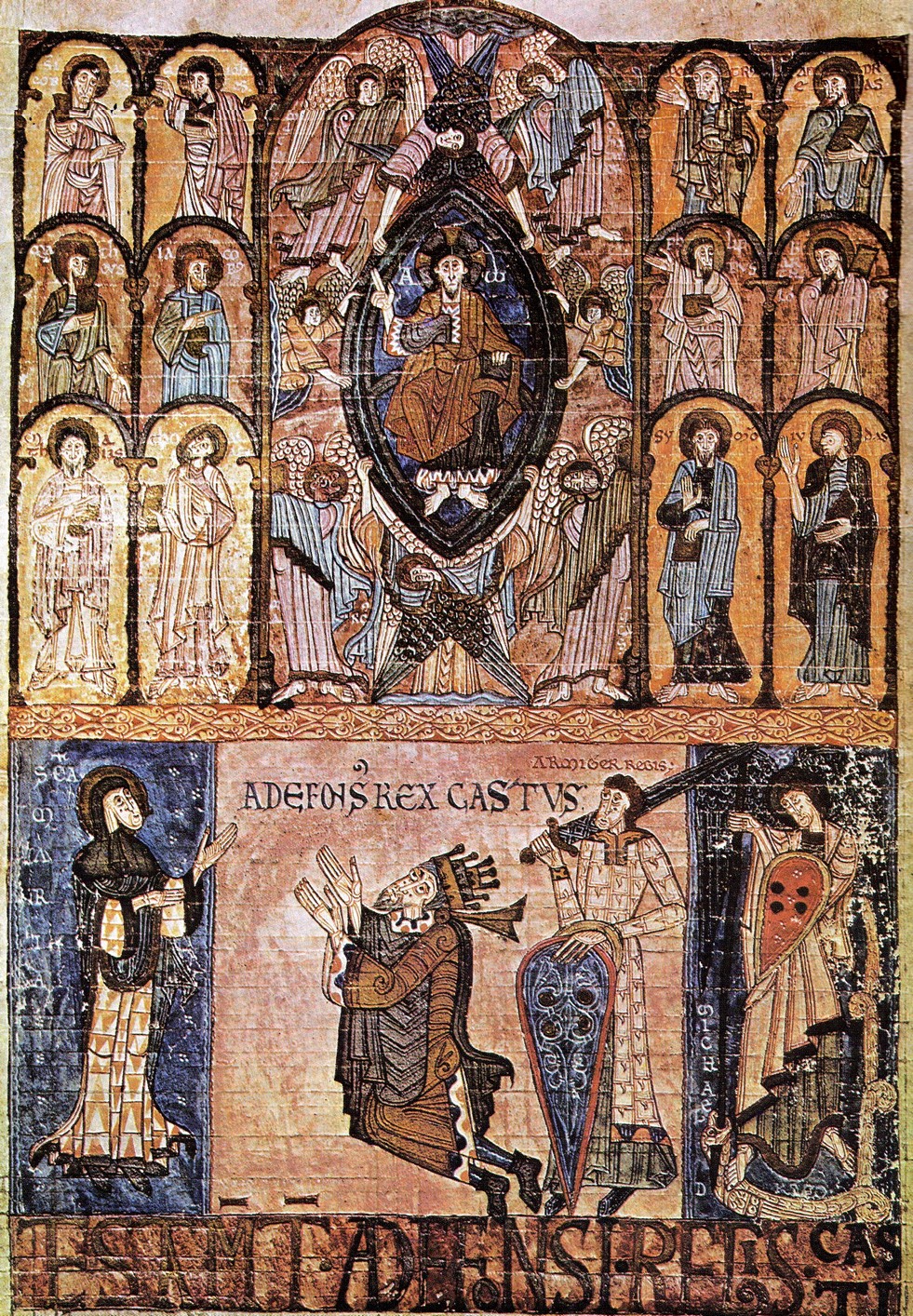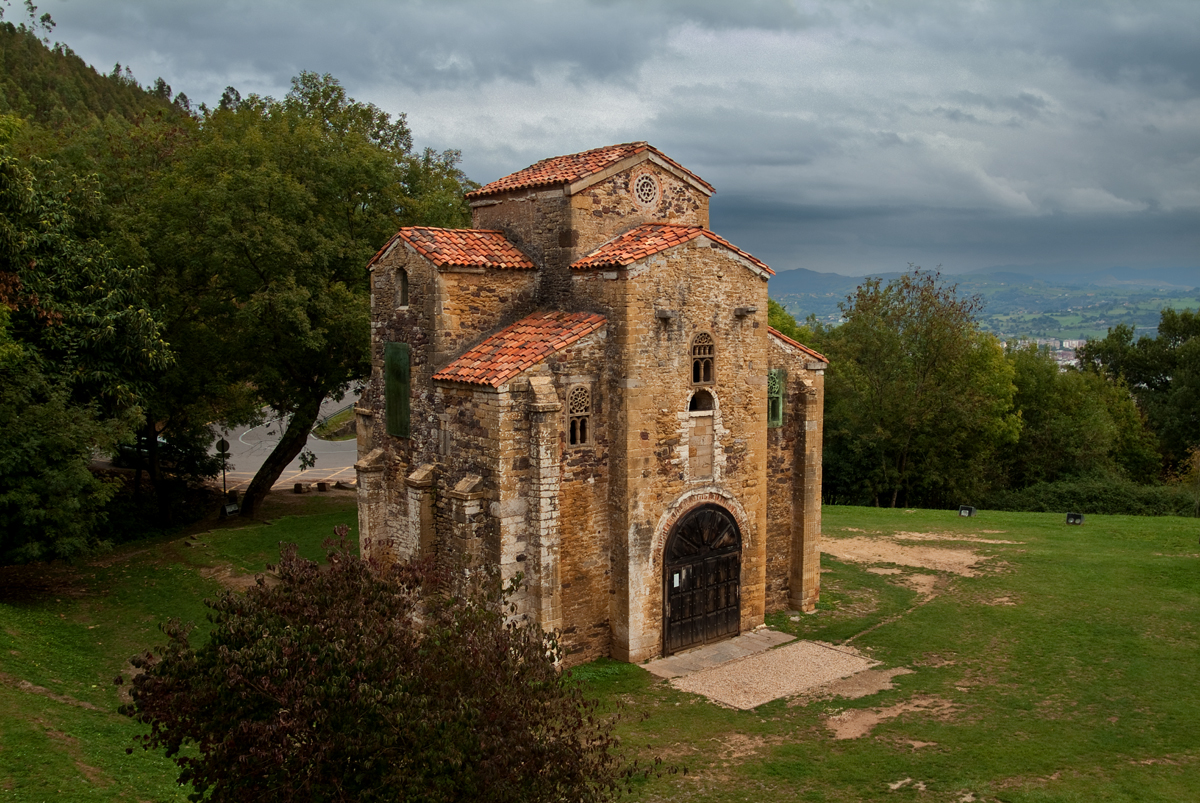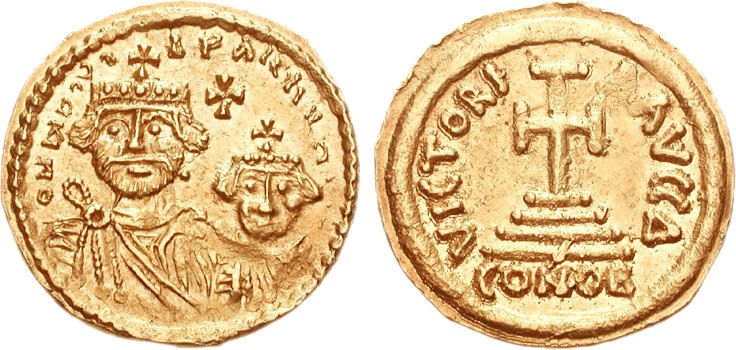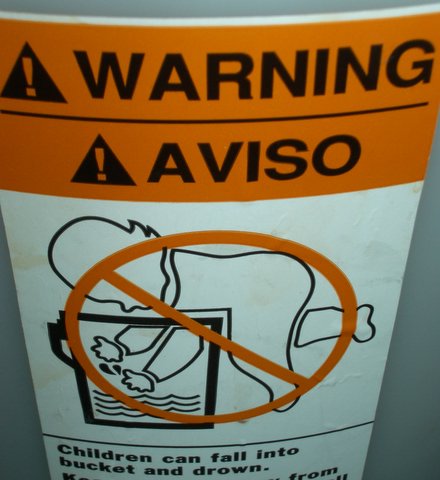|
791
__NOTOC__ Year 791 ( DCCXCI) was a common year starting on Saturday of the Julian calendar. The denomination 791 for this year has been used since the early medieval period, when the Anno Domini calendar era became the prevalent method in Europe for naming years. Events By place Europe * The Avars, a pagan Asian nomadic horde that has settled down in what is today Hungary, invade Friuli and Bavaria. King Charlemagne assembles a Frankish army, and marches down the Danube River to ravage Avar territory. A Frankish-Lombard expeditionary force, under his son Pepin, (king of the Lombards) invades the Drava Valley and devastates Pannonia. * Summer – Charlemagne loses most of his riding and baggage horses during an equine epidemic; many Saxons take advantage of Charlemagne's Avar setback and rebel once more. * September 14 – Alfonso II, the son of former king Fruela I, becomes ruler of Asturias (Northern Spain). He moves the capital to Oviedo, the commercial ce ... [...More Info...] [...Related Items...] OR: [Wikipedia] [Google] [Baidu] |
Kingdom Of Asturias
The Kingdom of Asturias was a kingdom in the Iberian Peninsula founded by the nobleman Pelagius who traditionally has been described as being of Visigothic stock. Modern research is leaning towards the view that Pelagius was of Hispano-Roman origins. The Kingdom of Asturias was the first Christian political entity to be established in the Iberian Peninsula after the Umayyad conquest of Visigothic Hispania in 711-718. In the Summer of 722,Amy G. Remensnyder, ''La Conquistadora: The Virgin Mary at War and Peace in the Old and New Worlds'', (Oxford University Press, 2014), 23. Pelagius defeated an Umayyad army at the Battle of Covadonga, in what is retroactively regarded as the beginning of the Christian ''Reconquista''. The Asturian kings would occasionally make peace with the Muslims, particularly at times when they needed to pursue their other enemies, mainly rebel Basques and Galicians. Thus Fruela I (757–768) fought Muslims but also defeated the Basques and Galicians, ... [...More Info...] [...Related Items...] OR: [Wikipedia] [Google] [Baidu] |
Oviedo
Oviedo () or Uviéu (Asturian language, Asturian: ) is the capital city of the Principality of Asturias in northern Spain and the administrative and commercial centre of the region. It is also the name of the municipality that contains the city. Oviedo is located approximately southwest of Gijón and southeast of Avilés, both of which lie on the shoreline of the Bay of Biscay. Oviedo's proximity to the ocean of less than in combination with its elevated position with areas of the city more than 300 metres above sea level causes the city to have a maritime climate, in spite of its not being located on the shoreline itself. History The Kingdom of Asturias began in 720, with the Visigothic aristocrat Pelagius of Asturias, Pelagius's (685–737) revolt against the Muslims who at the time were occupying most of the Iberian Peninsula. The Umayyad conquest of Hispania, Moorish invasion that began in 711 had taken control of most of the peninsula, until the revolt in the nort ... [...More Info...] [...Related Items...] OR: [Wikipedia] [Google] [Baidu] |
Alfonso II Of Asturias
Alfonso II of Kingdom of Asturias, Asturias (842), nicknamed the Chaste (), was the king of Asturias during two different periods: first in the year 783 and later from 791 until his death in 842. Upon his death, Nepotian of Asturias, Nepotian, a family member of undetermined relation, attempted to usurp the crown in place of the future Ramiro I of Asturias, Ramiro I. During his reign, which covered a span of 51 years, Alfonso discovered the supposed tomb of St. James the Great (called in Spanish) in the town of Compostela, which later became known as the city of Santiago de Compostela. He was the son of Fruela I of Asturias, Fruela I and Munia, a Basque people, Basque woman captured and brought back to Asturias by the former following a military campaign. Early life He was born in Oviedo in 759 or 760. He was put under the guardianship of his aunt Adosinda after his father's death, but one tradition relates his being put in the Monastery of San Xulián de Samos. He was the ... [...More Info...] [...Related Items...] OR: [Wikipedia] [Google] [Baidu] |
Charlemagne
Charlemagne ( ; 2 April 748 – 28 January 814) was List of Frankish kings, King of the Franks from 768, List of kings of the Lombards, King of the Lombards from 774, and Holy Roman Emperor, Emperor of what is now known as the Carolingian Empire from 800, holding these titles until his death in 814. He united most of Western Europe, Western and Central Europe, and was the first recognised emperor to rule from the west after the fall of the Western Roman Empire approximately three centuries earlier. Charlemagne's reign was marked by political and social changes that had lasting influence on Europe throughout the Middle Ages. A member of the Frankish Carolingian dynasty, Charlemagne was the eldest son of Pepin the Short and Bertrada of Laon. With his brother, Carloman I, he became king of the Franks in 768 following Pepin's death and became the sole ruler three years later. Charlemagne continued his father's policy of protecting the papacy and became its chief defender, remo ... [...More Info...] [...Related Items...] OR: [Wikipedia] [Google] [Baidu] |
Spain
Spain, or the Kingdom of Spain, is a country in Southern Europe, Southern and Western Europe with territories in North Africa. Featuring the Punta de Tarifa, southernmost point of continental Europe, it is the largest country in Southern Europe and the fourth-most populous European Union member state. Spanning across the majority of the Iberian Peninsula, its territory also includes the Canary Islands, in the Eastern Atlantic Ocean, the Balearic Islands, in the Western Mediterranean Sea, and the Autonomous communities of Spain#Autonomous cities, autonomous cities of Ceuta and Melilla, in mainland Africa. Peninsular Spain is bordered to the north by France, Andorra, and the Bay of Biscay; to the east and south by the Mediterranean Sea and Gibraltar; and to the west by Portugal and the Atlantic Ocean. Spain's capital and List of largest cities in Spain, largest city is Madrid, and other major List of metropolitan areas in Spain, urban areas include Barcelona, Valencia, Seville, ... [...More Info...] [...Related Items...] OR: [Wikipedia] [Google] [Baidu] |
September 14
Events Pre-1600 *AD 81 – Domitian became Emperor of the Roman Empire upon the death of his brother Titus. * 786 – "Night of the three Caliphs": Harun al-Rashid becomes the Abbasid caliph upon the death of his brother al-Hadi. Birth of Harun's son al-Ma'mun. * 919 – Battle of Islandbridge: High King Niall Glúndub is killed while leading an Irish coalition against the Vikings of Uí Ímair, led by King Sitric Cáech. * 1180 – Genpei War: In the Battle of Ishibashiyama in Japan, the new military commander of the Minamoto clan, Minamoto no Yoritomo, is routed by Ōba Kagechika of the Taira clan. * 1226 – The first recorded instance of the Catholic practice of perpetual Eucharistic adoration formally begins in Avignon, France. * 1402 – Battle of Homildon Hill: An invading Scottish army under Murdoch Stewart, Duke of Albany and Archibald, Earl Douglas is decimated by a contingent of 500 English archers under the command of George, Earl o ... [...More Info...] [...Related Items...] OR: [Wikipedia] [Google] [Baidu] |
Danube
The Danube ( ; see also #Names and etymology, other names) is the List of rivers of Europe#Longest rivers, second-longest river in Europe, after the Volga in Russia. It flows through Central and Southeastern Europe, from the Black Forest south into the Black Sea. A large and historically important river, it was once a frontier of the Roman Empire. In the 21st century, it connects ten European countries, running through their territories or marking a border. Originating in Germany, the Danube flows southeast for , passing through or bordering Austria, Slovakia, Hungary, Croatia, Serbia, Romania, Bulgaria, Moldova, and Ukraine. Among the many List of cities and towns on the river Danube, cities on the river are four national capitals: Vienna, Bratislava, Budapest, and Belgrade. Its drainage basin amounts to and extends into nine more countries. The Danube's longest headstream, the Breg (river), Breg, rises in Furtwangen im Schwarzwald, while the river carries its name from its ... [...More Info...] [...Related Items...] OR: [Wikipedia] [Google] [Baidu] |
Avars (Carpathians)
The Pannonian Avars ( ) were an alliance of several groups of Eurasian nomads of various origins. The peoples were also known as the Obri in the chronicles of the Rus, the Abaroi or Varchonitai (), or Pseudo-Avars in Byzantine sources, and the Apar () to the Göktürks. They established the Avar Khaganate, which spanned the Pannonian Basin and considerable areas of Central and Eastern Europe from the late 6th to the early 9th century. The name Pannonian Avars (after the area in which they settled) is used to distinguish them from the Avars of the Caucasus, a separate people with whom the Pannonian Avars may or may not have had links. Although the name ''Avar'' first appeared in the mid-5th century, the Pannonian Avars entered the historical scene in the mid-6th century, on the Pontic–Caspian steppe as a people who wished to escape the rule of the Göktürks. They are probably best known for their invasions and destruction in the Avar–Byzantine wars from 568 to 626 and in ... [...More Info...] [...Related Items...] OR: [Wikipedia] [Google] [Baidu] |
Drowning
Drowning is a type of Asphyxia, suffocation induced by the submersion of the mouth and nose in a liquid. Submersion injury refers to both drowning and near-miss incidents. Most instances of fatal drowning occur alone or in situations where others present are either unaware of the victim's situation or unable to offer assistance. After successful resuscitation, drowning victims may experience breathing problems, confusion, or unconsciousness. Occasionally, victims may not begin experiencing these symptoms until several hours after they are rescued. An incident of drowning can also cause further complications for victims due to Hypothermia, low body temperature, Pulmonary aspiration, aspiration, or acute respiratory distress syndrome (respiratory failure from lung inflammation). Drowning is more likely to happen when spending extended periods of time near large bodies of water. Risk factors for drowning include alcohol use, drug use, epilepsy, minimal swim training or a complete l ... [...More Info...] [...Related Items...] OR: [Wikipedia] [Google] [Baidu] |
Hungary
Hungary is a landlocked country in Central Europe. Spanning much of the Pannonian Basin, Carpathian Basin, it is bordered by Slovakia to the north, Ukraine to the northeast, Romania to the east and southeast, Serbia to the south, Croatia and Slovenia to the southwest, and Austria to the west. Hungary lies within the drainage basin of the Danube, Danube River and is dominated by great lowland plains. It has a population of 9.6 million, consisting mostly of ethnic Hungarians, Hungarians (Magyars) and a significant Romani people in Hungary, Romani minority. Hungarian language, Hungarian is the Languages of Hungary, official language, and among Languages of Europe, the few in Europe outside the Indo-European languages, Indo-European family. Budapest is the country's capital and List of cities and towns of Hungary, largest city, and the dominant cultural and economic centre. Prior to the foundation of the Hungarian state, various peoples settled in the territory of present-day Hun ... [...More Info...] [...Related Items...] OR: [Wikipedia] [Google] [Baidu] |
Kingdom Of Northumbria
Northumbria () was an early medieval Heptarchy, kingdom in what is now Northern England and Scottish Lowlands, South Scotland. The name derives from the Old English meaning "the people or province north of the Humber", as opposed to the Southumbria, people south of the Humber, Humber Estuary. What was to become Northumbria started as two kingdoms, Deira in the south and Bernicia in the north. Conflict in the first half of the seventh century ended with the murder of the last king of Deira in 651, and Northumbria was thereafter unified under Bernician kings. At its height, the kingdom extended from the Humber, Peak District and the River Mersey on the south to the Firth of Forth on the north. Northumbria ceased to be an independent kingdom in the mid-tenth century when Deira was conquered by the Danelaw, Danes and formed into the Kingdom of York. The rump Earl of Northumbria, Earldom of Bamburgh maintained control of Bernicia for a period of time; however, the area north of R ... [...More Info...] [...Related Items...] OR: [Wikipedia] [Google] [Baidu] |
Common Year Starting On Saturday
A common year starting on Saturday is any non-leap year (i.e. a year with 365 days) that begins on Saturday, 1 January, and ends on Saturday, 31 December. Its dominical letter hence is B. The most recent year of such kind was 2022, and the next one will be 2033 in the Gregorian calendar or, likewise, 2023 and 2034 in the obsolete Julian calendar. See below for more. Any common year that starts on Saturday has only one Friday the 13th: the only one in this common year occurs in May. Leap years starting on Friday share this characteristic. From July of the year that precedes this year until September in this type of year is the longest period (14 months) that occurs without a Tuesday the 13th. This year has three months (January, May and October) which begin on a weekend-day. Calendars Applicable years Gregorian Calendar In the (currently used) Gregorian calendar, alongside Sunday, Monday, Wednesday or Friday, the fourteen types of year (seven common, s ... [...More Info...] [...Related Items...] OR: [Wikipedia] [Google] [Baidu] |





